China is not for the faint of heart. I had rose-colored glasses on leading up to my trip in October, recalling all manner of past experiences, people and places and situations that had gradually coaxed out a tenderness of feeling in me towards the land of my birth, in spite of circumstances (material, familial) that I oftentimes found exasperating, or simply inexplicable, throughout the course of my adult life. Two weeks in Shanghai, Suzhou, Wuhan, and Huangshan were a jolt, and then some, to the senses. I’m still chewing the cud a month after coming back to Japan.
The specific details of the trip are probably not worth recounting, I’ve decided, or at least not in this form, at this moment. What lingers are still images and hallucinatory sequences imprinted in the film reel of my mind: the chaotic swarm of domestic tourists in Lujiazui against the Oriental Pearl Tower looming in the backdrop; cavernous malls with megaphones blaring monotonous sales pitches nonstop; the unexpected tranquility and slick urbanity of a riverfront park in Hankou; a provocative fusion of colonial and cyberpunk aesthetics in Wuhan’s old bank buildings and endless neon skyline; implacable crowds on the steep slopes and staircases of Huangshan, with startling scenery at every turn.
I often think about how the term “translator” is so flat and minimizing when it comes to the diversity of experiences and backgrounds that lead people to work between languages. Perhaps I’m projecting, but I get the sense that people (the reading public) assume that the literary translator is a singular archetype, a person who is not only equally fluent in two languages, but culturally fluid, able to code-switch and toggle between these realms with preternatural ease. It may be the case that there are indeed some translators, both contemporary and historical, who fit this description. But increasingly, I feel the need to articulate my own ambivalence.
In some part, I suppose it’s a way to counter the occasional bout of impostor syndrome that surfaces in me. As with most things I write (this platform included) or the psychotherapy I engage in, words—specifically of the English language—become a tool to assess the potency of a feeling, view it from all angles, and ultimately neutralize it. As a diasporic Chinese American in Japan, my relationship to Chinese language feels more tenuous than ever. As a translator, too, I’m often ashamed at how much escapes me in my first reading of a text: characters I don’t recognize off the bat, or can never remember the correct pronunciation for; the frustration of elaborate syntax or vague clauses, my brain an overheating laptop.
But this is why I translate written words, and not spoken ones. (I have had some experience in the latter, and it is usually terrifying.) I can take all the time I need to parse a sentence, a phrase, a word. I can try out a dozen variations or more to find the right fit. And ultimately, my discomfort with Chinese is balanced by the extraordinary ease I feel in writing English, manipulating and fine-tuning it, breaking it down and starting over again. I want to name that discomfort, though, and use it to dispel the fallacy mentioned earlier. Languages are living entities, like cities, like people. One’s connection to any of these is necessarily freighted with memory, emotion, and subconscious desire. There’s no such thing as perfect parity in how one relates to two separate things.
Anyway, these are all things that I started thinking about during my trip. Rather than “incomplete,” I like the word “uneven” to describe my relationship to Chinese language. The same could be said of my sense of cultural identity. Unevenness does not give emphasis to the idea of lack, nor is it always about shortcomings. (Smoothness is overrated.) I guess it feels like the most neutral assessment I can make of the status quo. And the texture of this unevenness is something I am constantly probing—even or especially in Japan, where I am displaced by several layers from China, despite its geographical proximity—in my daily commute or mundane interactions, through the people who surround me, the spaces I inhabit, the rhythm I’ve constructed for moving through the world.
Lastly, I want to share this happy news about my novel manuscript. This story is not about China, but it’s not not about China, if you know what I mean. I’ll probably drop the occasional navel-gazing essay here on Substack about my writerly journey, the excruciating business of publishing, what have you. Feel free to leave a note if you’re interested in anything specific. I’ve also finally set up a personal website here. Thank you for your ongoing support. 💜

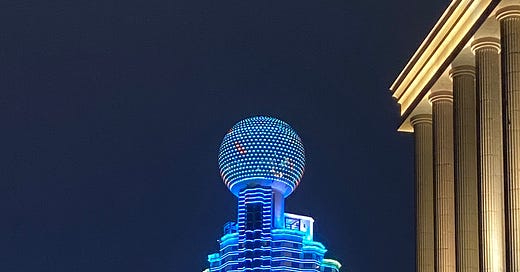


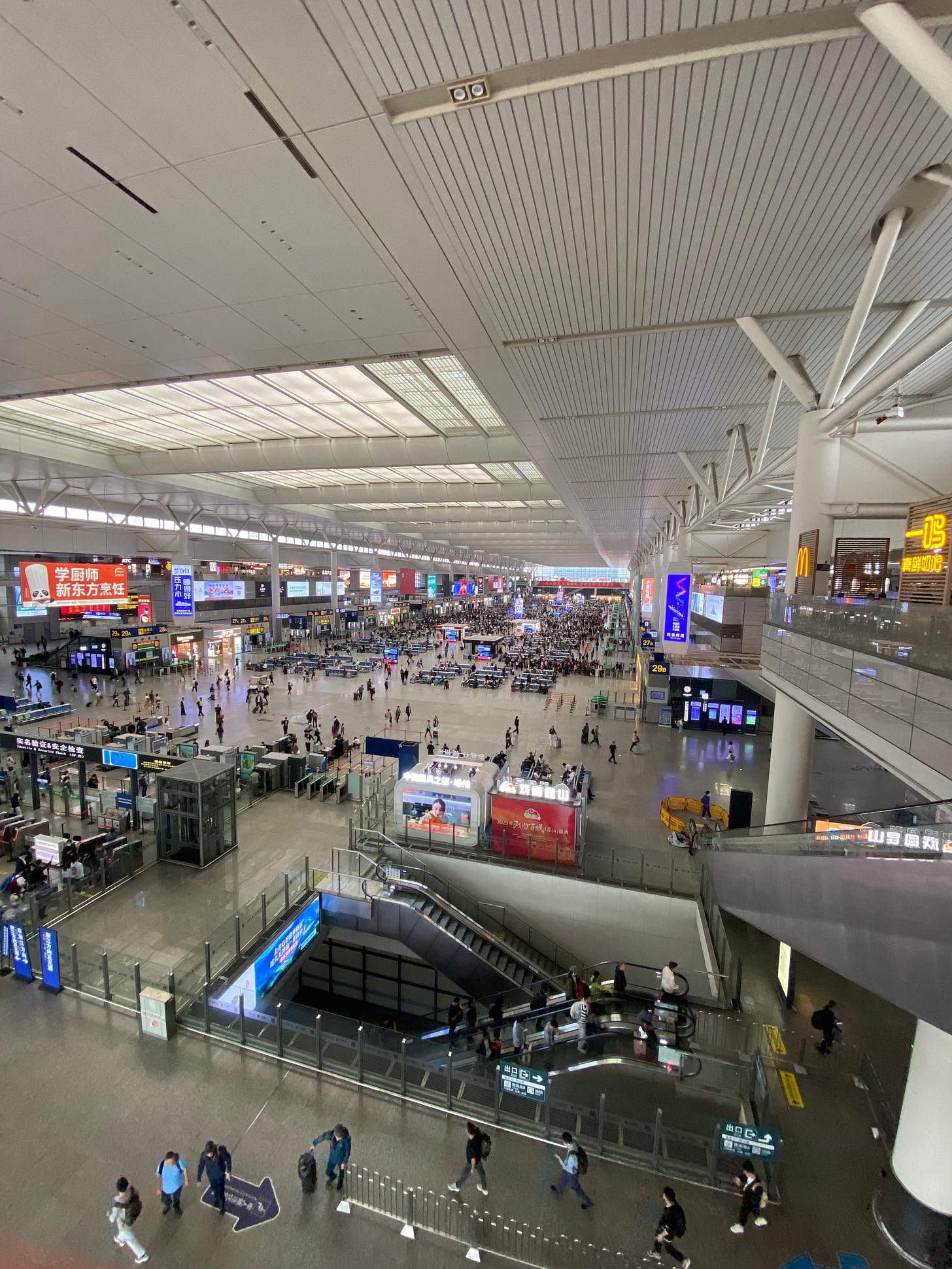
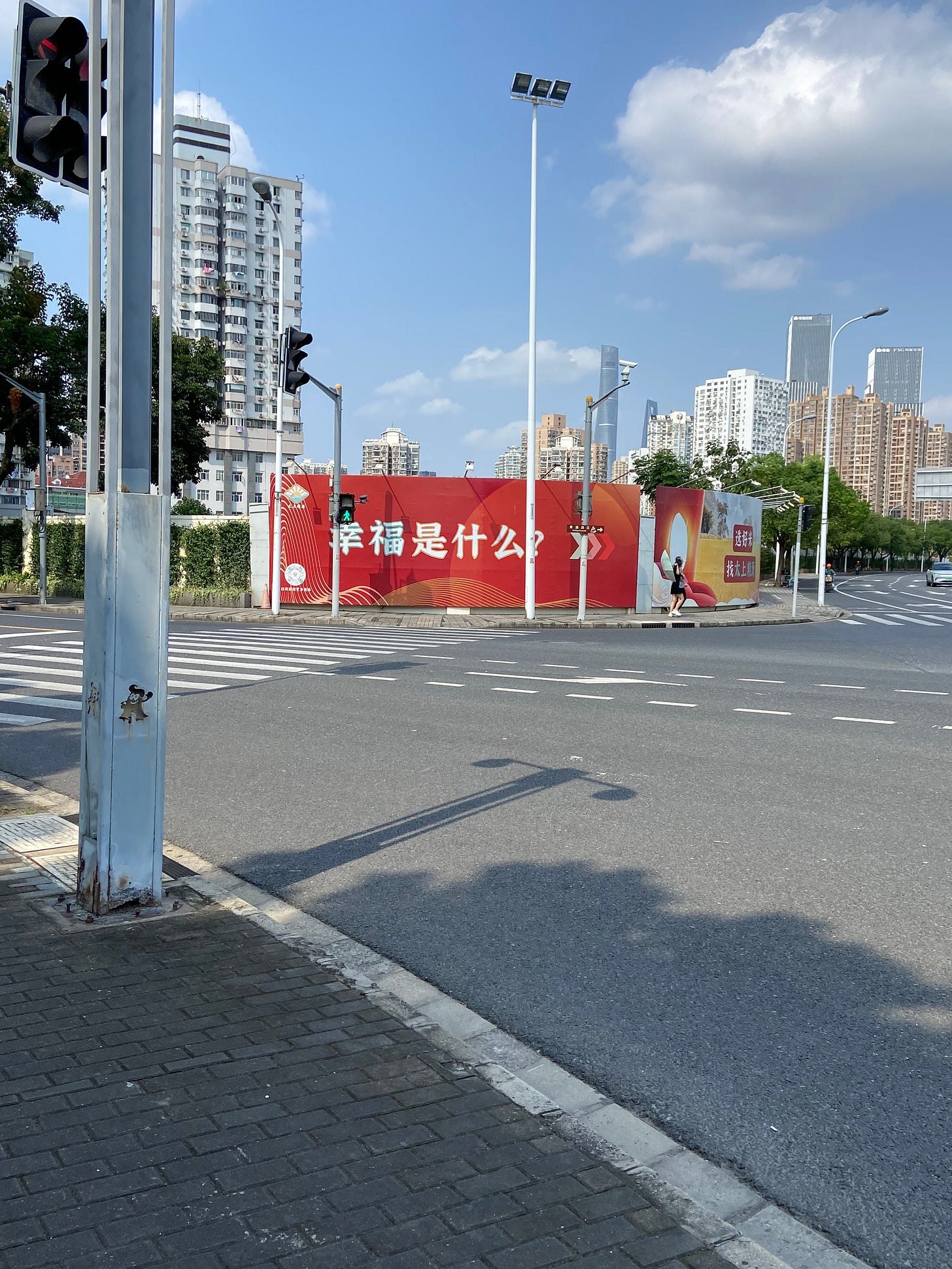

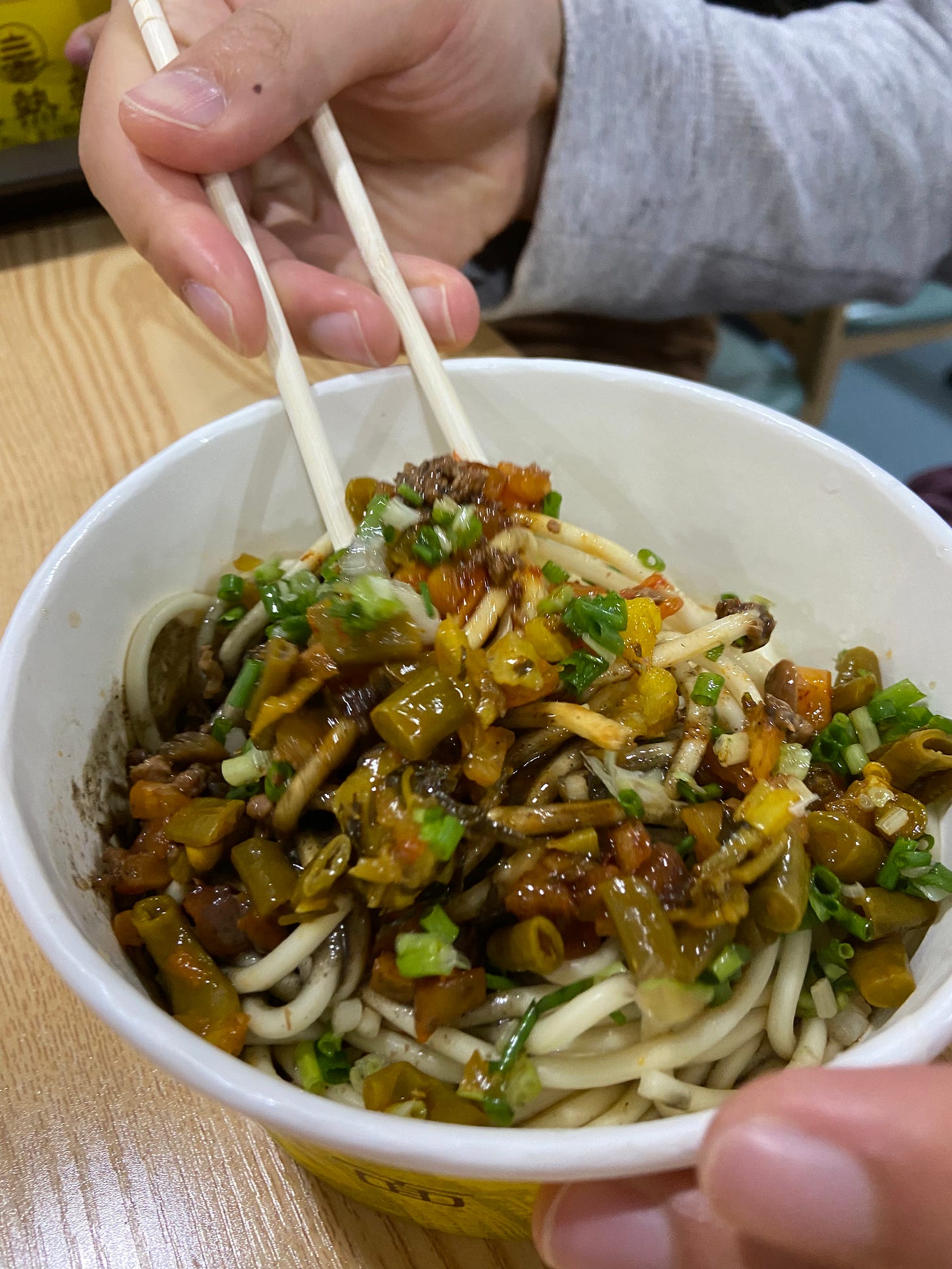
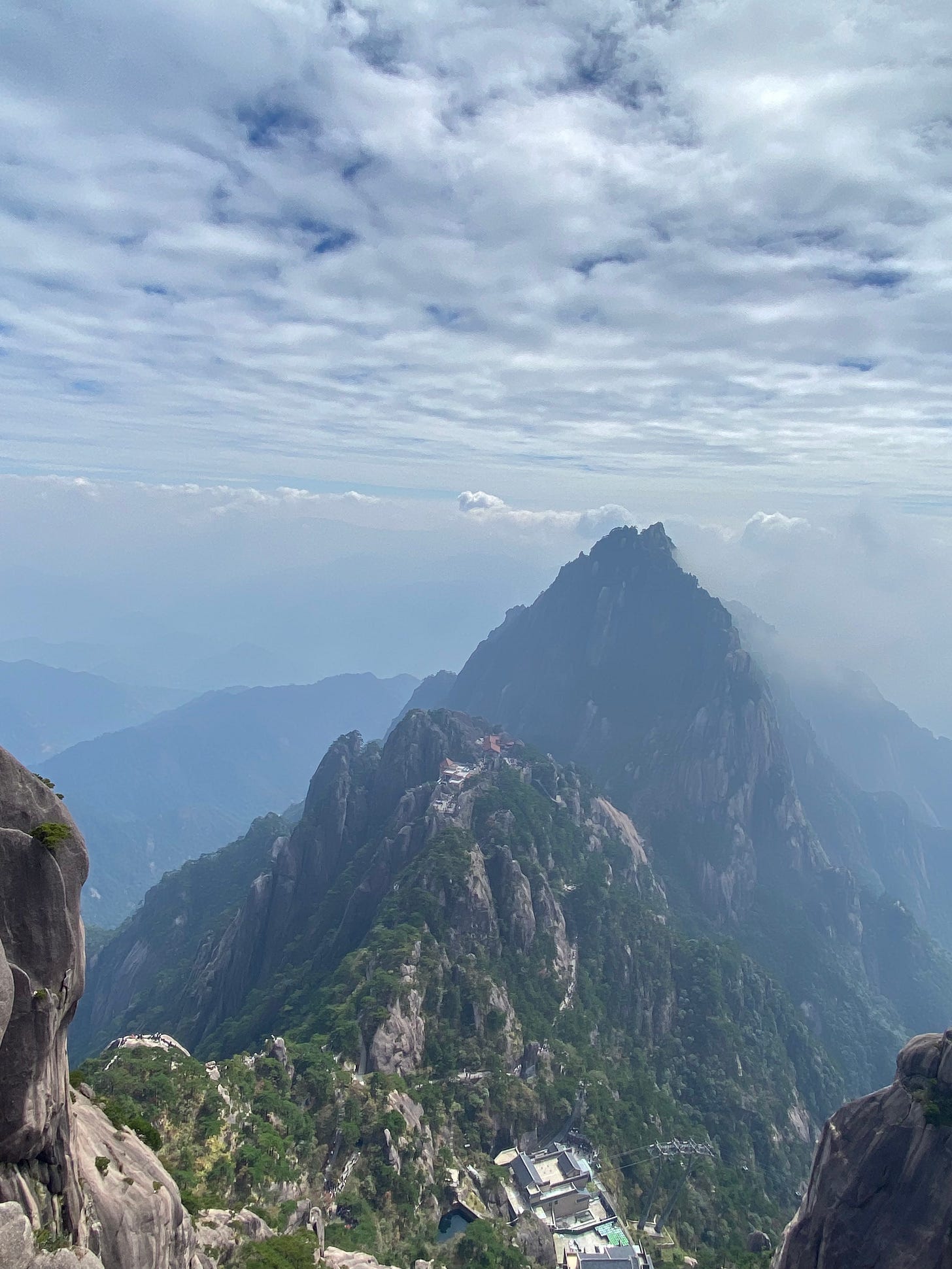

WOW - Congratulations on your forthcoming book! Super excited for you and intrigued by the artful cover and promising title. Cant wait to find out what your novel voice 'sounds' like after enjoying and appreciating your non fiction one..
That is soooooo great about your book! Congratulations!!!